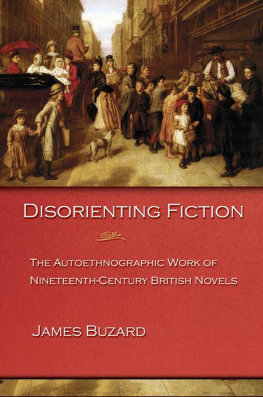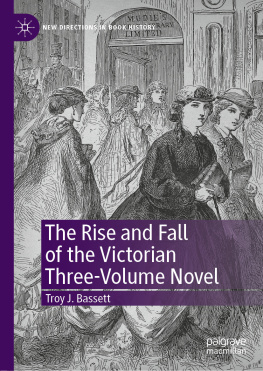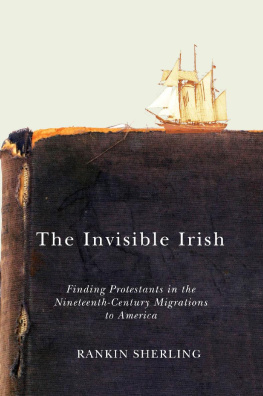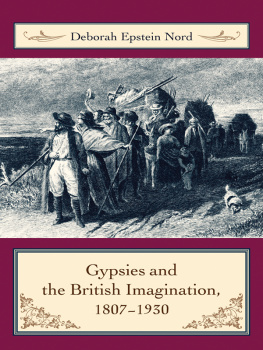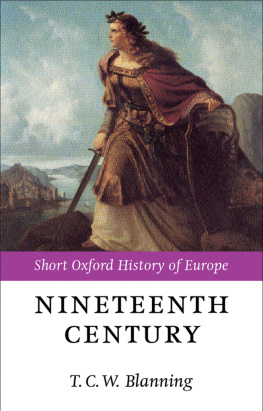Buzard - Disorienting Fiction: The Autoethnographic Work of Nineteenth-Century British Novels
Here you can read online Buzard - Disorienting Fiction: The Autoethnographic Work of Nineteenth-Century British Novels full text of the book (entire story) in english for free. Download pdf and epub, get meaning, cover and reviews about this ebook. year: 2005, publisher: Princeton University Press, genre: Politics. Description of the work, (preface) as well as reviews are available. Best literature library LitArk.com created for fans of good reading and offers a wide selection of genres:
Romance novel
Science fiction
Adventure
Detective
Science
History
Home and family
Prose
Art
Politics
Computer
Non-fiction
Religion
Business
Children
Humor
Choose a favorite category and find really read worthwhile books. Enjoy immersion in the world of imagination, feel the emotions of the characters or learn something new for yourself, make an fascinating discovery.
Disorienting Fiction: The Autoethnographic Work of Nineteenth-Century British Novels: summary, description and annotation
We offer to read an annotation, description, summary or preface (depends on what the author of the book "Disorienting Fiction: The Autoethnographic Work of Nineteenth-Century British Novels" wrote himself). If you haven't found the necessary information about the book — write in the comments, we will try to find it.
Disorienting Fictionshows how English Victorian novels appropriated and anglicized an autoethnographic mode of fiction developed early in the nineteenth century by the Irish authors of theNational Taleand, most influentially, by Walter Scott. Buzard demonstrates that whereas the fiction of these non-English British subjects devoted itself to describing and defending (but also inventing) the cultural autonomy of peripheral regions, the English novels that followed them worked to imagine limited and mappable versions of English or British culture in reaction against the potential evacuation of cultural distinctiveness threatened by Britains own commercial and imperial expansion. These latter novels attempted to forestall the self-incurred liabilities of a nation whose unprecedented reach and power tempted it to universalize and export its own customs, to treat them as simply equivalent to a globally applicable civilization. For many Victorian novelists, a nation facing the prospect of being able to go and to exercise its influence just about anywhere in the world also faced the danger of turning itself into a cultural nowhere. The complex autoethnographic work of nineteenth-century British novels was thus a labor to disorient or de-globalize British national imaginings, and novelists mobilized and freighted with new significance some basic elements of prose narrative in their efforts to write British culture into being.
Sure to provoke debate, this book offers a commanding reassessment of a major moment in the history of British literature.
Buzard: author's other books
Who wrote Disorienting Fiction: The Autoethnographic Work of Nineteenth-Century British Novels? Find out the surname, the name of the author of the book and a list of all author's works by series.

